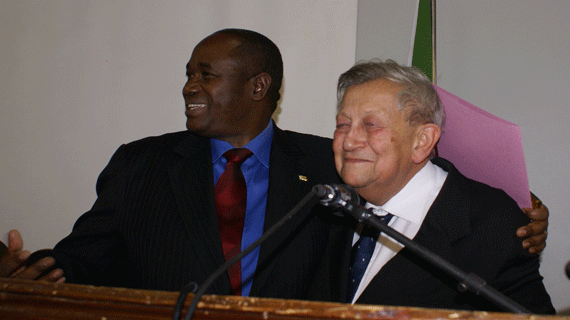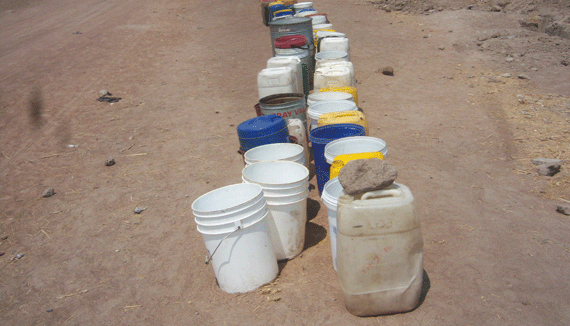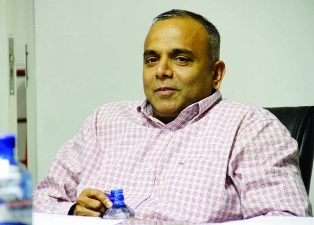
HARARE — The new government unveiled by President Robert Mugabe last week faces daunting challenges — not least of which will be kick-starting the country’s declining economy and mending sour relations with the West.
The Cabinet appointment came more than a month after elections on July 31, which ended a shaky power-sharing government formed by Mugabe and rival Morgan Tsvangirai four years ago.
Mugabe, who won 61% of the vote, has threatened to retaliate against US and UK firms in the country if their countries did not scrap sanctions imposed on Zimbabwe.
He has said that his ruling Zanu PF party would adopt an “indigenisation policy”, forcing foreign-owned mining firms to hand over majority stakes to black Zimbabweans.
“President Mugabe’s policies should be modified so that they do not scare away much-needed direct foreign investments,” economist Eric Bloch said.
Economic uncertainty, meanwhile, continues to loom, with share prices on the Zimbabwe Stock Exchange recently taking a nosedive.
Willia Bonyongwe, chairperson of the Securities Commission of Zimbabwe, anticipated that “stock prices would only pick up once a new Cabinet had been named”.
Bloch said the new government will need to modify the “Indigenisation and Economic Empowerment” laws so that they did not simply enrich a few, but rather served the interests of the entire population.
- Chamisa under fire over US$120K donation
- Mavhunga puts DeMbare into Chibuku quarterfinals
- Pension funds bet on Cabora Bassa oilfields
- Councils defy govt fire tender directive
Keep Reading
The World Food Programme stated last week that more than two million Zimbabweans needed urgent food assistance, the figure since 2008 when the global economic crisis ravaged the southern African nation.
Bloch believes the new Cabinet should partially — or totally — privatize loss-making state-owned companies in order to raise the capital and technology needed to revive them.
“They will also need to revise the country’s tax laws to make them consistent with other countries in the region to avoid another barrier in terms of investment,” he added.
“Secondly,” Bloch noted, “the new Cabinet should also stringently cut government expenditure, which is way beyond the country’s means.”
Godwin Phiri, a political analyst, agreed.
“Public funds can only just cover monthly civil service salaries of $200 million,” Phiri said. “We now have 340 legislators, up from 303 in the last parliament. All these will need new SUVs.”
He added: “Where does this country get the money?”
Experts believe the new government will also have to deal with strained relations with the West if Zimbabwe is to attract badly-needed foreign investment.
“It will take some time to mend relations with Britain and America,” Bloch said, “but we need to get that right if our economy is to improve.”
The economist insisted that foreign countries, especially western ones, could still trade with Zimbabwe since each side had resources that the other needed.
“Provided there will be fair treatment and security, they can be happy to trade with Zimbabwe,” he said.
The US and UK have both rejected the results of the July 31 polls, saying they did not reflect the will of the people of Zimbabwe.
Phiri agrees on the need to improve Zimbabwe’s foreign relations so as to better attract foreign direct investment (FDI).
“In order for this government to function well, it must have a stable economy — and that can come in the form of enhanced FDI,” he asserted.
“But I don’t see it (FDI) growing because of certain risks, such as the rather unclear indigenisation policy,” he added.
According to Phiri, this “requires careful management as well as possible debt forgiveness.”
Zimbabwe currently has an external debt of some $10,7 billion, owed to international institutions such as the International Monetary Fund and World Bank.
Phiri said the new government would be desperate to see the western sanctions lifted.
“It will be hard for Mugabe’s government, though, to shift its stance towards the West,” he believes.
— Agencies










